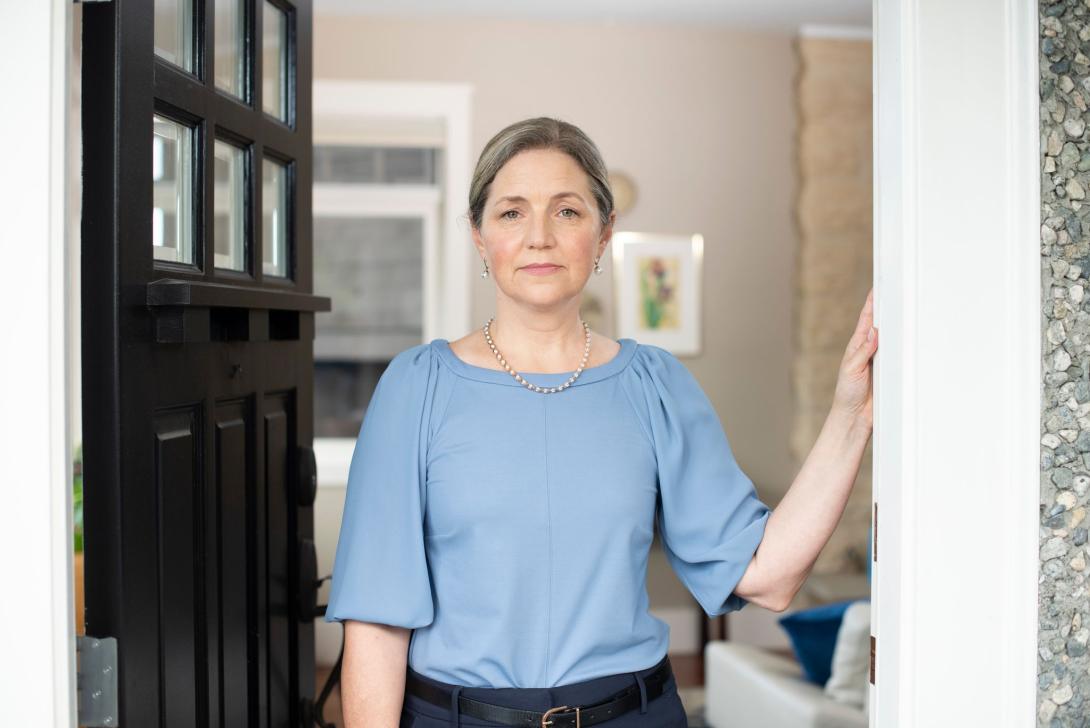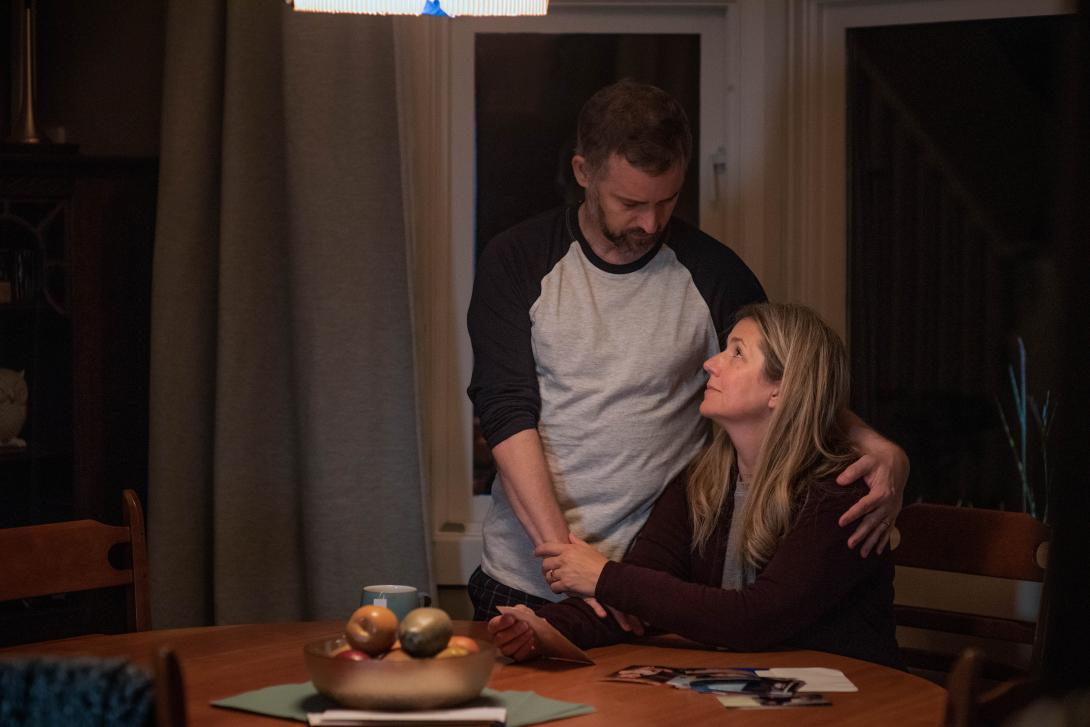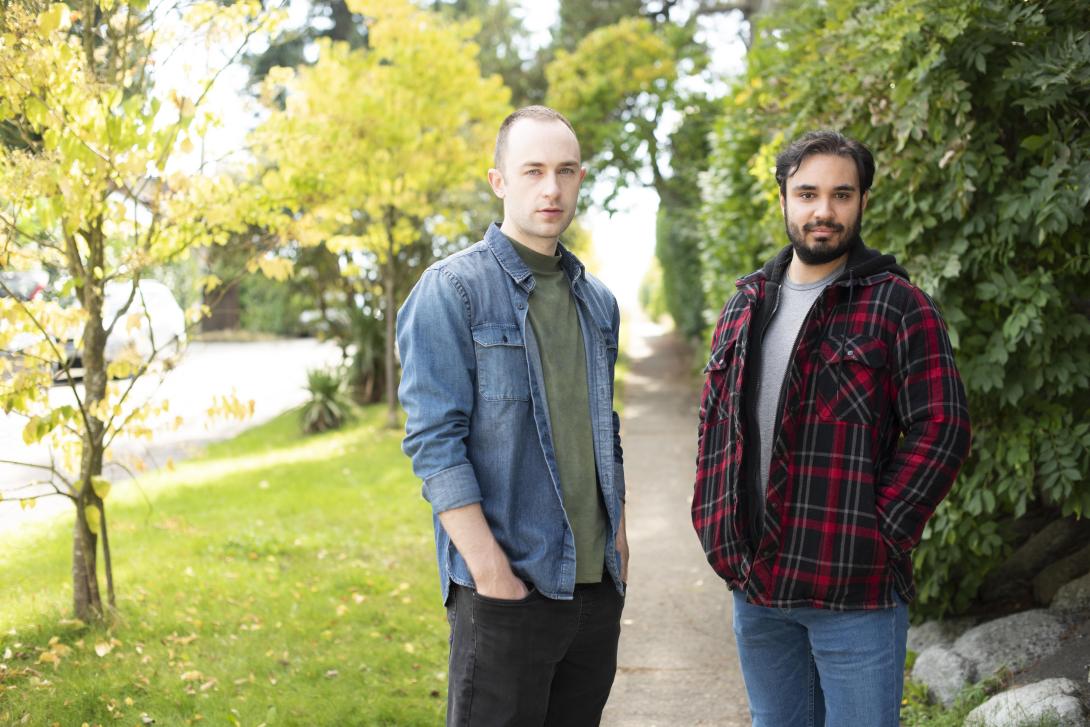It can be hard to know how to support someone experiencing addiction. Compassionate connection can make a difference.
There are ways to be there for your loved ones.
Make
the
connection.
This can look different for every person or family. This might be telling someone you care about them. Or letting them know you’re there if they want to talk.
You could try: “Hi, it’s been a while – I just wanted to let you know I was thinking about you. I’d love to catch up. Any chance you’re free this weekend?”
Come from a place
of compassion.
The ‘tough love’ approach can make people feel shame or blamed. Kindness and compassion go a long way.
You could try: “I’m sorry you’re having such a hard time. I wish I could make this better for you. I’m here for you, and I’ll do what I can. What’s the best way I can support you right now?”
Understand
their story.
Taking time to learn about someone’s experience and how they’re feeling can make your connection stronger. It can help them feel seen and respected.
You could try: “It sounds like things are tough for you right now. If you’re okay with it, I’d like to learn from you. Can we chat?”
Be kind
to
yourself.
Supporting someone is not always easy. Creating healthy boundaries can help.
You could try: “Thank you so much for trusting me with that. I really care about you and I want to talk more about this. I might just need a few days so I can support you the way you deserve.”
Language matters.
Words can hurt, even when they’re not meant to. Everyone can find ways to be mindful and communicate in a supportive way.
You could try: “When I told you that we needed to ‘fix you,’ I was coming from a place of wanting things to get better. I realize now that my words hurt you – I’m sorry."
Have the
conversation.
Conversations that are free of blame or judgement let others know you care. Reaching out to check in and talk helps them to know they’re not alone.
You could try: “Hey, I hope I’m not overstepping here, but it seems like you’re not yourself lately. Would you like to meet up? I’m here for you.”
Learn about
substance use
and addiction.
Educating yourself about addiction helps you and the person you’re supporting. It can help you understand their journey.
You could try: “To be honest, I want to be there for you, but I don’t know that much about what you’re going through. Is it okay to ask some questions? Let me know if there’s anything you’re not comfortable answering.”



